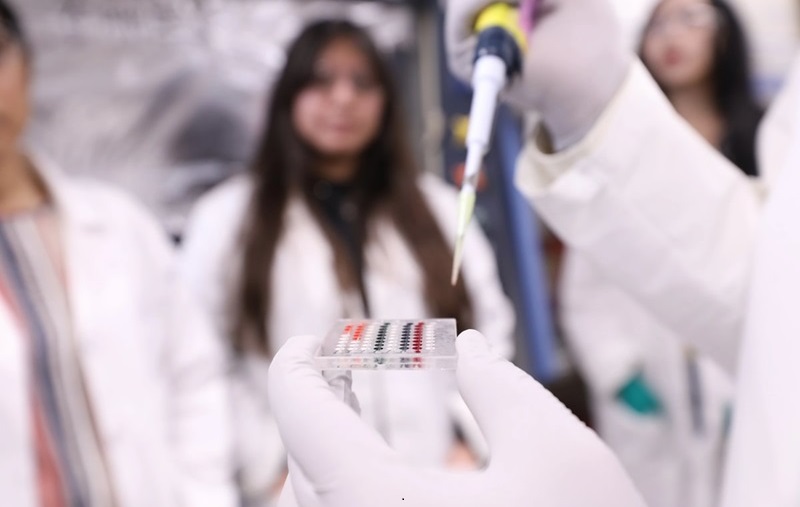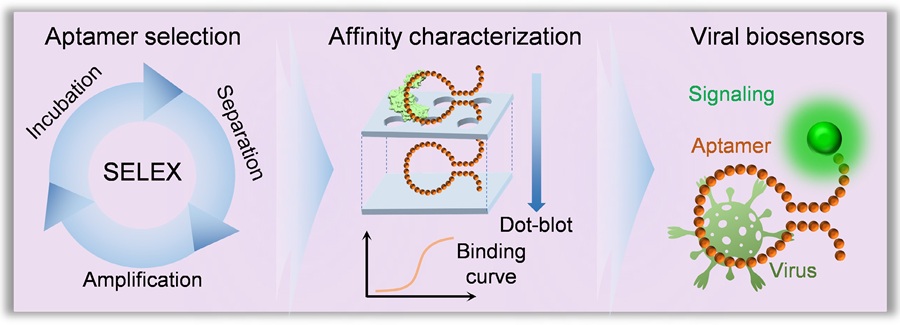Low-Cost, Portable Device Detects Colorectal and Prostate Cancer in An Hour
Posted on 28 Oct 2024
Early detection of cancer biomarkers before the disease progresses significantly enhances a patient’s chances of survival. Delays in testing, particularly in areas lacking access to expensive tools and instruments, can adversely affect a patient’s prognosis. The most commonly used commercial method for detecting cancer biomarkers, known as ELISA, requires costly instrumentation and can take 12 hours or more to process a sample. This delay is exacerbated in rural parts of the U.S. or in developing countries, where patient samples often need to be transported to larger cities equipped with specialized instruments, leading to increased cancer mortality rates. Researchers have now developed a portable device that can detect colorectal and prostate cancer more efficiently and affordably than existing methods. This device may prove especially beneficial in developing nations, which face higher cancer mortality rates partly due to obstacles in medical diagnosis.
The device, created by researchers at The University of Texas at El Paso (El Paso, TX, USA), employs a microfluidic design, allowing it to perform multiple functions using very small fluid volumes. It features an innovative “paper-in-polymer-pond” structure where patient blood samples are introduced into tiny wells and onto a specialized type of paper. This paper captures cancer protein biomarkers within the blood samples in just a few minutes. The paper then changes color, with the intensity of the color indicating the type of cancer detected and its stage of progression. Although the initial research has focused on prostate and colorectal cancers, the method could potentially be adapted for various cancer types. The device can analyze a sample in one hour, compared to the 16 hours required by some traditional methods.

According to results published in the journal Lab on a Chip, this device is also approximately 10 times more sensitive than traditional methods, even without the use of specialized instruments. This sensitivity allows it to detect cancer biomarkers present in smaller quantities, typical of early-stage cancer, which a less sensitive device might overlook. Before the device can be made available to the public, a prototype will need to be finalized, and it will require testing on patients in a clinical trial, which may take several years. It will also need final approval from the Food and Drug Administration before being used by healthcare professionals.
“Our new biochip device is low-cost — just a few dollars — and sensitive, which will make accurate disease diagnosis accessible to anyone, whether rich or poor,” said XiuJun (James) Li, Ph.D., a UTEP professor of chemistry and biochemistry. “It is portable, rapid and eliminates the need for specialized instruments.”













